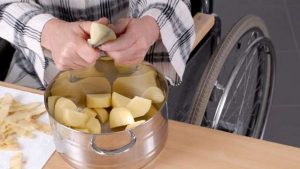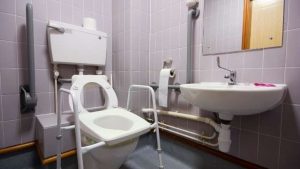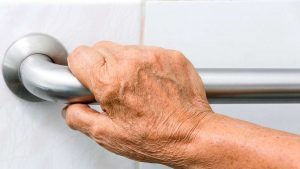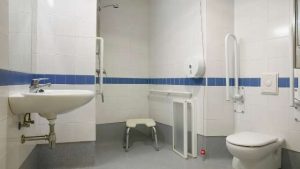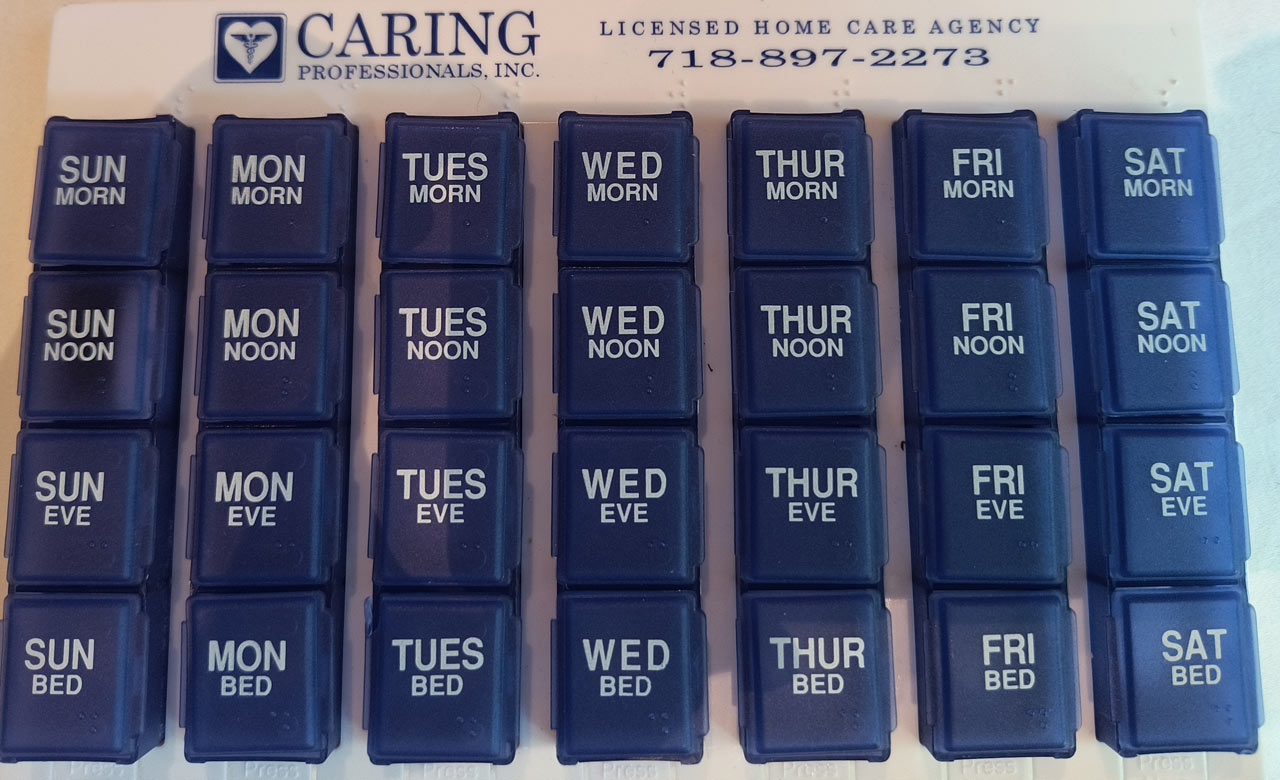7 Things to Consider Before a Home Remodel for a Senior
What should you consider before a home remodel?
- Social Realities. People sixty and older generally want to remain in their current homes as long as possible. They have a network of local neighbors, friends, and family who provide an important social context. This local support provides activities and engagement that help people remain active and independent in their community. Older homes designs may make it difficult to access and enjoy these community amenities. An uncovered porch in winter and steep steps at the front door make it difficult to get out safely.
- Economic realities. Incurring expenses are a reality when it comes to a move. Sellers have to pay for real estate commissions, closing costs, decorating costs, and moving expenses. These costs add nothing to the value of the property. However, investing funds to a home remodel to suit a senior who plans to age in place, add value to the property and enhances the residence’ appeal to broader markets.
- Health realities. There is a range of medical needs of people who want to age in place. There are those without urgent needs who are not experiencing immediate or significant health issues. They may be aware of future difficulties because of their experience with their parents. Others have chronic or progressive conditions that require special home modifications to continue to living at home. These individuals may be influenced to make decisions on home modification by acceptance, denial, or urgency. Finally, there are those who have experienced a traumatic change that requires immediate modifications to allow them to age in place. There is urgency but there may not be resources to address new needs due to the unplanned nature of the medical event.
- Diverse abilities. Varying counter levels in a kitchen allows wheelchair users as well as those without to prepare and serve food comfortably.
- Flexibility. Designs and functions should accommodate a range of preferences. A multi-use shower room allows roll-in use, a handheld shower control, bench seating, a central shower drain, and a wet area shower will allow various ways to bathe.
- Simplicity. If the senior does not have to remember how to use it, the senior will be more comfortable and secure. High tech is not always the answer.
- Low physical effort. Making simple actions easier adds safety and independence. Lever handles on doors and faucet and loop handles on cabinet doors and drawer fronts are good examples.
Caring Professionals can help a family redesign and remodel a home for a senior who wishes to age in place. Faigie Horowitz is certified by the National Association of Home Builders as an Aging-in-Place Specialist. She has been trained and tested to make remodelling assessments and can work with a contractor to accomplish the changes that take the above matters into consideration. Of course, the particular circumstances of your senior, his wants and needs, and the budget will rule.
Call her today at 917 935-2088 to discuss home modifications and other aspects of concierge care that will help your senior age with grace and dignity in his own environment.
Please also see – Helpful Home Modifications for Aging in Place and Planning for Success: 10 Steps to Take from Caring.com

